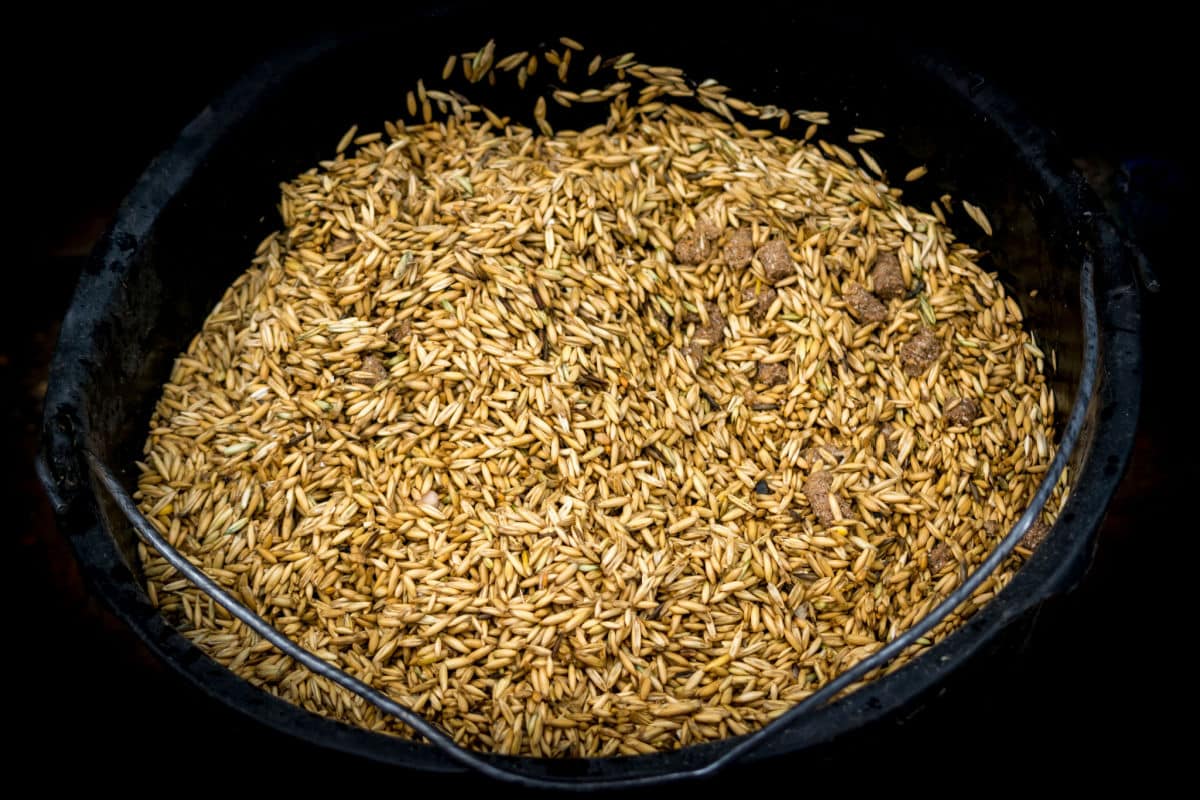VP of Veterinary Science at Freedom Health, Frank Pellegrini, DVM, spoke at the Wild West Veterinary Conference on Friday, October 19. His two presentations addressed the incidence, differential diagnosis and treatment of ulcers in horses – including his study that specifically looked at the presence of colonic and gastric ulcers on 524 equine subjects.
Here is a brief overview of the information included in Dr. Pellegrini’s presentation. Veterinarians may download the presentation and proceedings documents in the SUCCEED Veterinary Center.
Differential Diagnosis and Treatment of Ulcers in Horses
Equine ulcers are endpoints of a disease stage, typically gastritis (gastric ulcer) or colitis (colonic ulcers). These lesions, or ulcers, represent syndromes in the sense that they reflect other, perhaps more extensive or serious, underlying disease states that, in turn, can lead to poor performance and impaired health.
Although EGUS is well-documented, the existence of equine colonic ulcers is only beginning to be appreciated. Colitis is a syndrome of its own, producing mild to severe ulcers and presenting multiple symptoms. In our view, colitis is vastly under-diagnosed (unless showing a very acute course), while EGUS is possibly over-diagnosed and over-treated.
Techniques to better differentiate a GI health diagnosis are essential for proper treatment of these two very different sets of ailments. One way is to test feces for the presence of albumin and hemoglobin, which helps to distinguish the two sources of GI bleeding.
Further research is needed to understand more about the unique etiology and pathology of colitis. We hope that our research will lead to improved diagnostics, treatments, palliatives and preventives.
A Meta-Analysis of Intestinal Lesions Observed in Necropsies
Supporting our research on gastritis and colitis incidence, diagnosis, and treatment is data from over 1,000 necropsies conducted in abattoirs in Texas and Quebec over a nine-year period starting in 2003. From that, we report on a meta-analysis of 524 horses with identical protocols.
Starting with our first study, we discovered that – in addition to gastric ulcers – horses suffered from colonic ulcers at rates exceeding 60%. The meta-analysis described in the complete study shows that on average, horses suffer moderate to severe ulceration in 44% of cases.
Download Frank Pellegrini, DVM’s full powerpoint and proceedings in the SUCCEED Veterinary Center, an exclusive resource for veterinarians.



